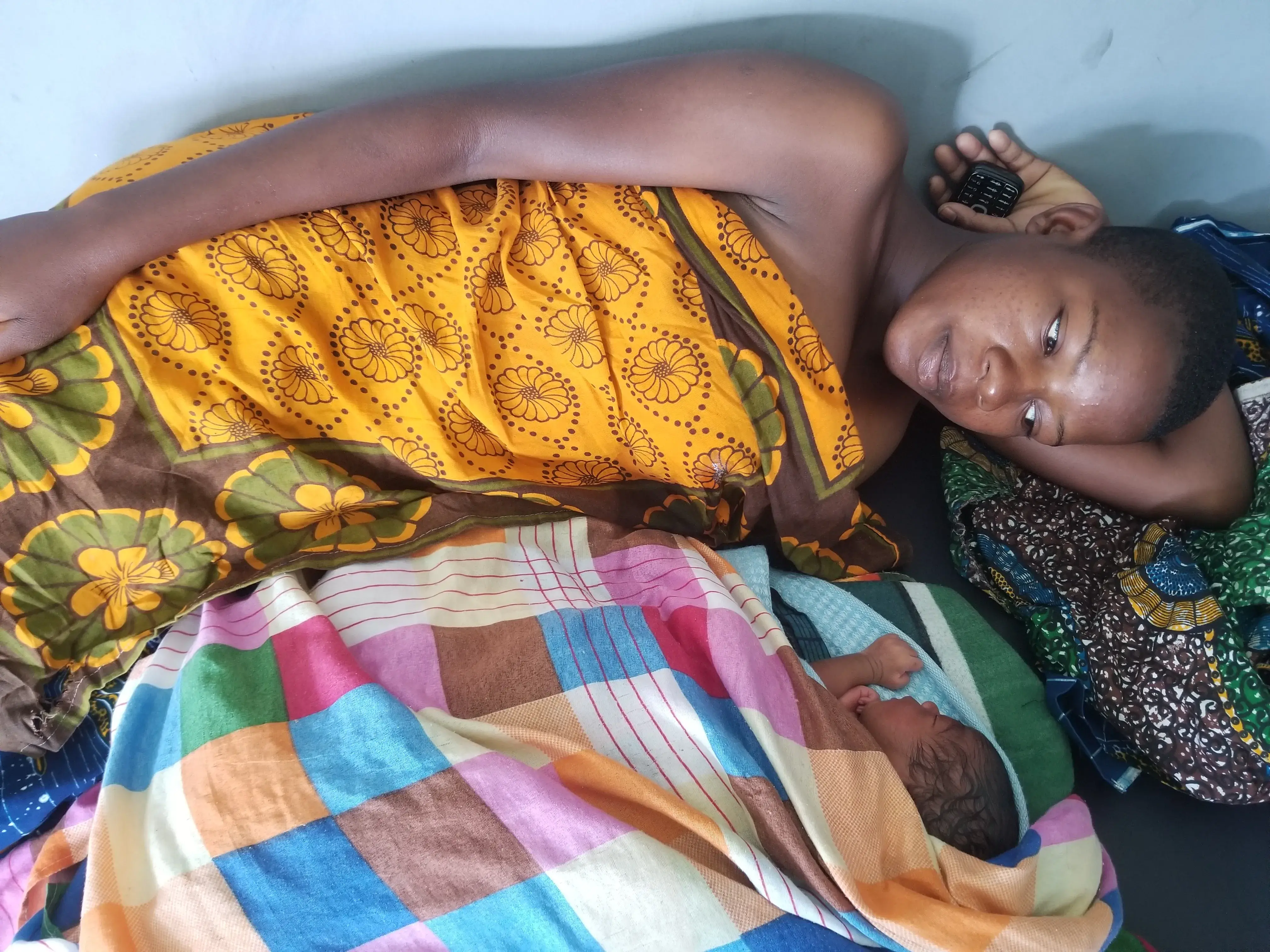Since 1990, the world has seen a 44 per cent decline in the maternal death ratio – an enormous achievement. But in spite of these gains, some 830 women still die every day from causes related to pregnancy or childbirth. This is about one woman every two minutes.
And for every woman who dies, 20 or 30 encounter injuries, infections or disabilities. Most of these deaths and injuries are entirely preventable.
Making motherhood safer is a human rights imperative, and it is at the core of UNFPA’s mandate.
UNFPA works around the world with governments, health experts and civil society to train health workers, improve the availability of essential medicines and reproductive health services, strengthen health systems, and promote international maternal health standards.
Making motherhood safer is a development priority in Tanzania. With our partners, we support government to implement national policies, guidelines, protocols and strategies to reduce preventable maternal and newborn mortality and morbidity.
We promote and advocate for the four pillars of safe motherhood:
1. Ensuring all women have access to voluntary family planning to avoid unintended pregnancy.
2. Promoting antenatal care to prevent complications where possible and ensuring that complications of pregnancy are detected early and treated appropriately.
3. Providing all pregnant women with skilled and respectful care in a safe environment during delivery.
4. Making sure women with complications have timely access to quality emergency obstetric care.
Our efforts towards reducing maternal and newborn mortality and morbidity are at the national, regional and district level and include supporting government to improve infrastructure and increase quality human resources for health. To develop the capacity of skilled birth attendance we provide training in life-saving emergency obstetric and newborn care, including hands-on training through mentorship programmes. We continue to invest in midwifery education and regulation in line with international standards, and support the deployment of skilled midwives to humanitarian settings to deliver quality maternal and newborn care, including emergency obstetric and newborn care.
Through the UNFPA Supplies Programme and other support we strengthen systems that ensure a predictable, planned and sustainable approach to securing and supplying reproductive health commodities including contraceptives and life-saving maternal health medicines. We also prioritize the integration of voluntary family planning services into maternal health care services.
We use innovative approaches to reach marginalized women in rural areas of Tanzania with quality maternal and newborn health services, boosting the role of midwives and using new technologies, including the mobile learning system “mhealth”.


